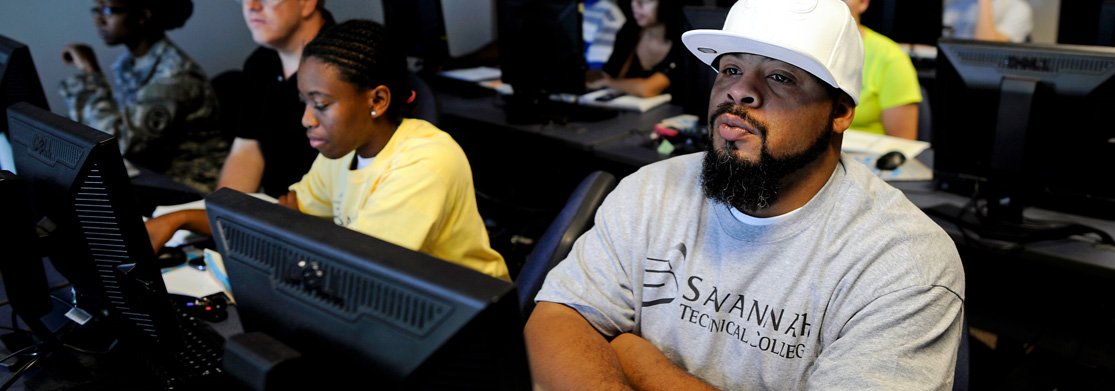Early College Essentials
This Technical Certificate of Credit is designed for a cooperative agreement between technical colleges and four-year colleges/universities in the area. The Early College Essentials TCC provides students with a greater opportunity for gaining college credits, while completing their high school diploma. It includes six general education courses that are transferable to any University System of Georgia (USG) institution.

